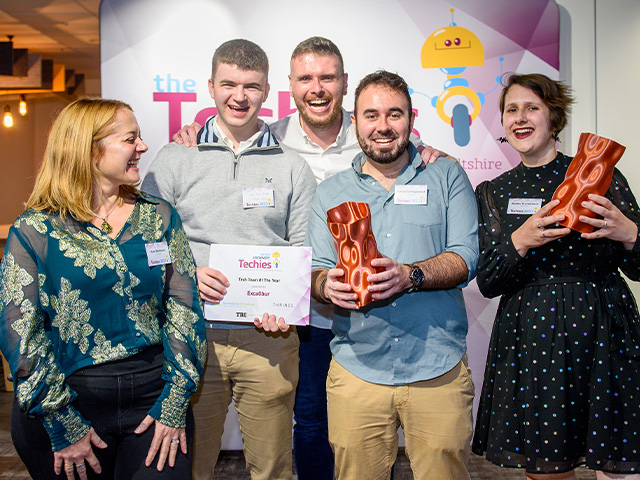Convergence is a word we hear a lot at Excalibur and within the technology industry as a whole. It’s a word used to describe the coming together of two different technologies into a hybridised third technology. It’s usually a good way of exploring new potential with legacy tech and one of the more exciting right now is fixed to mobile convergence.
If you have heard the terms fixed to mobile convergence or unified communications and wondered what it meant, this article is for you!
Fixed to mobile convergence
Fixed to mobile convergence (FMC) takes traditional fixed line telephony and integrates it with mobile to create something else. We also call this unified communications and it offers huge benefits to businesses. The terms fixed to mobile convergence and unified communications are often used interchangeably but mean essentially the same thing.
Unified communications is immensely popular right now because it offers some superb benefits to companies who want to get more out of their technology.
Benefits for the business include:
- One number, one voicemail, one directory, one bill.
- Can be productive regardless of the device being used.
- Real-time communications irrespective of location, device or technology.
Benefits for the customer can include:
- Improved customer experience as calls are always answered.
- Higher first time resolution as data, apps and expertise can be integrated into that single call.
- Faster resolutions as data is always accessible.
In a typical example of unified communications, you have an inbound phone number that points to a desk phone. As a call comes in, the desk phone rings. If nobody answers, the PBX automatically forwards the call to a mobile and leaves a message if nobody answers that. The called party can call their voicemail from their mobile to retrieve the call, send an email or SMS or call them back directly.
Or, in a more advanced setup, an inbound call could route to a hunt group instead of a single number. That hunt group could include people in the office, home workers or even those on the road. The caller doesn’t know how the call is routed, just that it is always answered.
Remote workers are as easy to contact as office-based colleagues. They can also have access to all the same applications, databases, communication and collaboration tools too.
When the call is answered, customer data is made available, you can video conference, or voice conference, send and receive files, use chat or messaging apps to collaborate and resolve calls faster and more often. It doesn’t matter whether one person is in the office and one working from home or even in their car. The call quality and content and therefore the customer resolution, is exactly the same.
Unified communications is not one single technology. It is a collection of several technologies brought together to offer productivity benefits and an enhanced customer experience. It uses fixed line telephone, a traditional PBX or IP PBX, VoIP, mobile, fax, video and more to provide real-time communications across technologies and across devices.
To learn what fixed to mobile convergence or unified communications could do for your business, contact Excalibur today!





